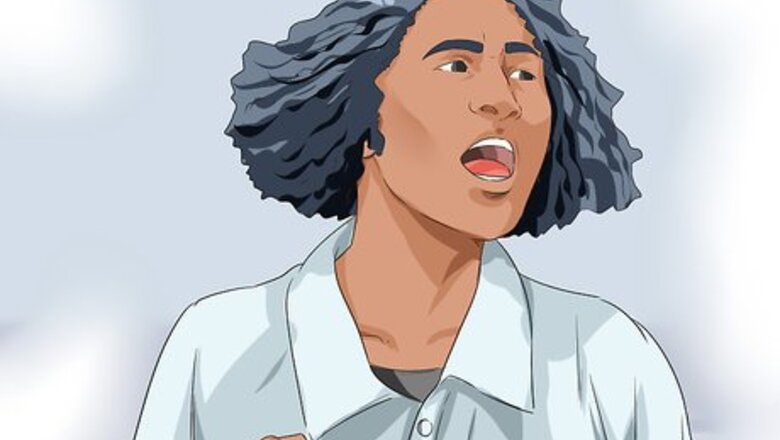
views
Building Mental Toughness
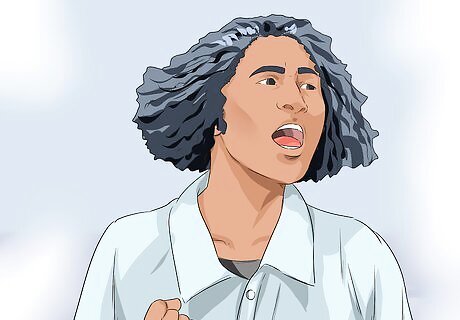
Improve mental toughness. After high school sports end, it is easy to feel discouraged when you're not on a team or receiving constant lessons/advice from a coach. Keep your head in the game by downloading the Pocket Sports Quote app. Daily, it provides motivation for athletes that need to find a purpose beyond just winning and losing through quotes and photos from real athletes and coaches.
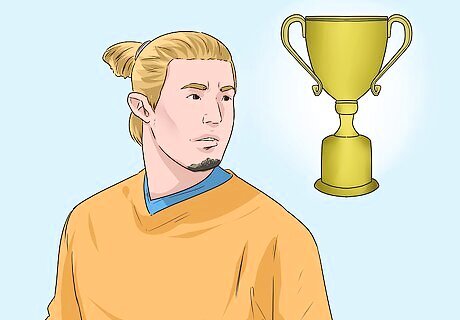
Find motivation. Have a distinct athletic goal to strive for, whether it be becoming a college player, reaching a certain level, or winning a State championship with your league, etc. The most common pitfall of those who quit sports, especially for those who don't get recruited, is that they lose motivation. They play less and less, until they either quit entirely or become recreational players that play a few times a month at most. Don't let high school sports be the end. Make yourself practice at least 2x/wk.
Practicing Your Sport
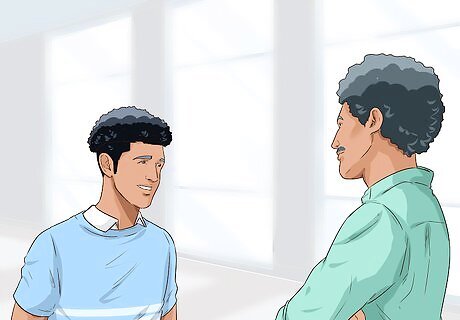
Find someone to practice with. Try to choose someone at or above your level to ensure that you play or train at your best, getting better as a result. Otherwise, you may end up "going easy" on your opponent, which doesn't help either one or you. Apps like OpenSports can help you find local recreational athletes to practice and play with. In the warmup, evaluate your opponent's game, look at their strengths and weakness, and then use your strength against their weakness. The most important and simplest strategy to increase your chances of winning in tennis is to get the ball in play. It is amazing how many points are won and lost by simply getting your opponent to play another ball into the court. Tennis players love rhythm, so vary your shots and try not to give your opponent the same shot twice.
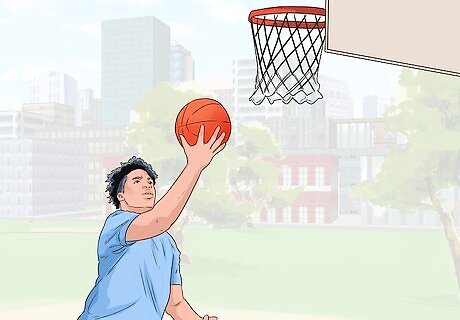
Learn how to practice by yourself. You may not always find someone who wants to practice or train at the same time as you. If this happens, improve your technique through self-drills. Practice your basketball shots from different court positions, play tennis or table tennis against a wall, time yourself when running or swimming, etc. YouTube is great for finding drills.
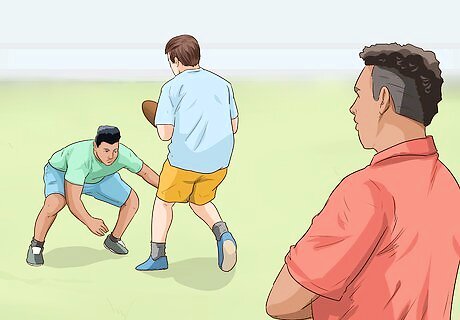
Consider group lessons. These may also be referred to as "clinics". This way, you can compete with people of various levels and playing styles, while possible gaining a friend to practice or train with. Check your local area and online to see if there are any offered that match your skill level and needs.
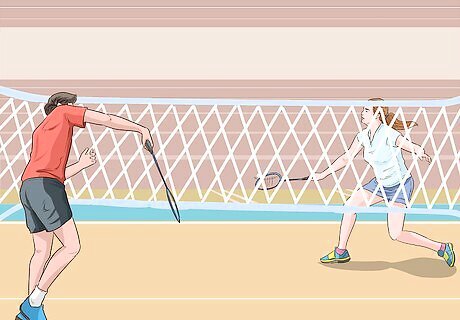
Consider private lessons. These tend to be more expensive than group lessons. But if your sport relies heavily on individual performance (like tennis, wrestling, boxing, weight-lifting), then it may be worth it to consider getting a private coach once or twice a month to focus primarily on you.
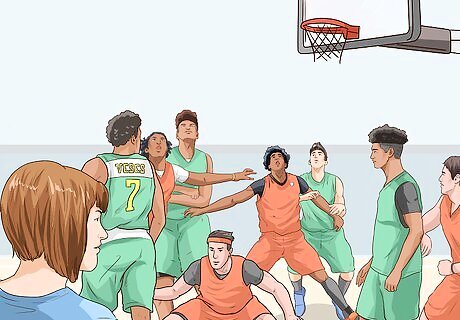
Watch college or pro sports. These athletes tend to be very skilled at their sports and are entertaining to watch. If you're a college student, watch college athletes in person. Student-tickets, especially for less popular sports, tend to be cheaper than regular tickets and maybe even free. You may learn some tricks, strategies, and techniques to improve your own game.
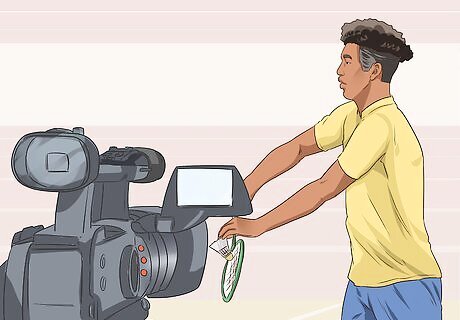
Videotape yourself. This can be done by leaving your phone camera on at a fixed angle while you play. By doing so, you can review your game later and pinpoint any errors you make. If you know someone that's skilled in the game, you can ask for their input on what you're doing wrong or what you can do better. If not, try YouTube.
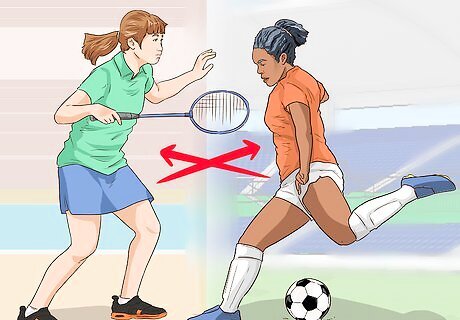
Cross-train. While training for your main sport, consider leisurely playing another sport at the same time or off-season. For example, running can really help with sports that require endurance such as Ultimate Frisbee and soccer. Plus, it prevents stress on the same group of muscles that occurs by focusing on one too much.
Participating in Competitions
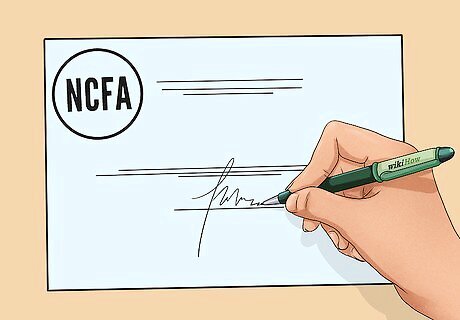
Join a collegiate club sport. These are for college students who want to compete against other schools without the commitment of varsity sports. Usually, it's student-run, with tryouts and practices. To see if your school offers a club team in your sport, check the your university's website or the Association sites. If not, start a chapter at your college. Major areas club sports compete through include USTA Tennis on Campus, National Club Football Association (NCFA), USA Ultimate for Ultimate Frisbee, National Collegiate Dodgeball Association, National Club Softball Association (NCSA), National Club Baseball Association (NCBA) Volleyball through NCVF; Soccer, Flag Football through NIRSA.
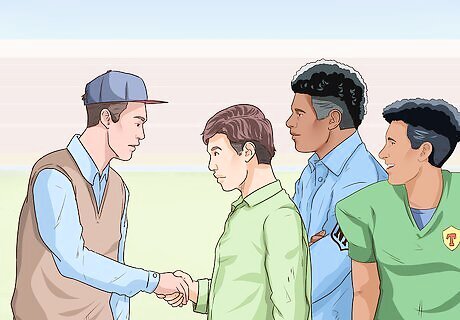
Join a league. In leagues, teams play against other teams of similar skill levels. Depending on their performance, a league may compete at local, regional, and even national championships. For certain sports, like tennis, individual players can move up and down ranks and levels depending on their individual performance, independent of their team's performance. This is a great option for those who want to play with a team competitively.
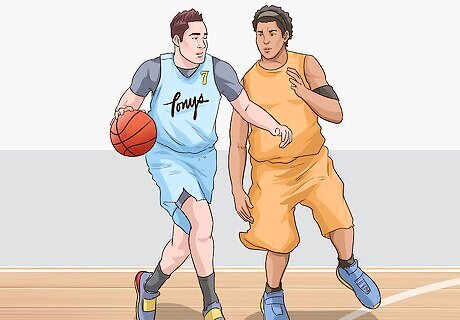
Participate in tournaments and intramurals. By doing so, you are keeping yourself active in your sport, playing against new people of various playing styles, and opening up chances to find practice partner.
Staying Healthy
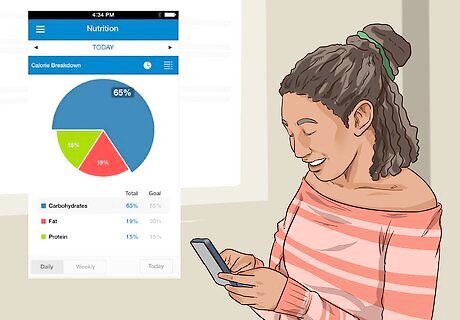
Avoid the Freshman 15. Most college freshman gain weight due to the excess of food options available, not having parental guidance on their intake, and not being as active as they were in high school. Avoid this fate by watching what you eat through apps like myFitnesspal or getting a Fitbit. Also, add some healthy options to your plate.
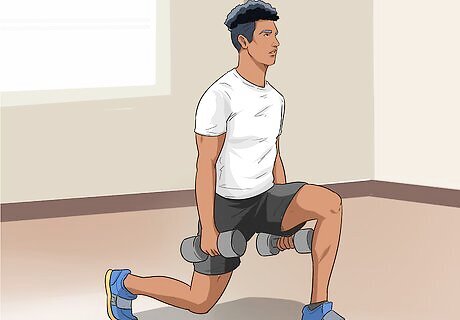
Join a gym. Keeping fit helps you perform better in your sport. For a professional gym training program specific for your sport, consider using apps such as Volt (Volt Athletics) or Fitivity. Or, if you want to save money, research which exercises are best for your sport and make your own workout. Consider taking TRX circuit or XTrain classes, which are strength and conditioning workouts that are sometimes tailored toward team-specific sports

Get adequate rest. Don't overtrain. Just like how your body needs sleep to replenish its lost energy, your body and muscles needs rest also.

Stay hydrated. It is easy to become dehydrated when you are exercising. Therefore, drink water.
Consume carbohydrates and proteins. Combine a healthy mixture of carbohydrates and proteins in your diet. The right kinds of carbohydrates will give your body energy to burn, and protein can help build muscles and repair tissue.










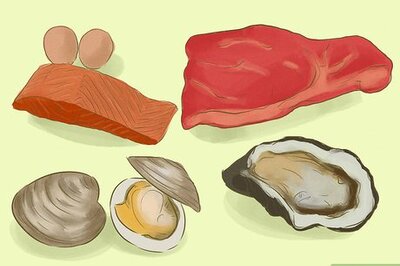


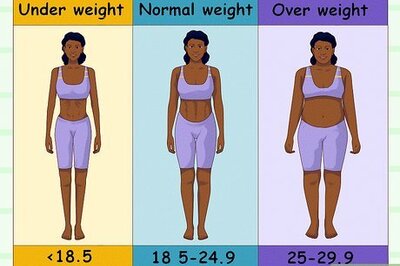






Comments
0 comment